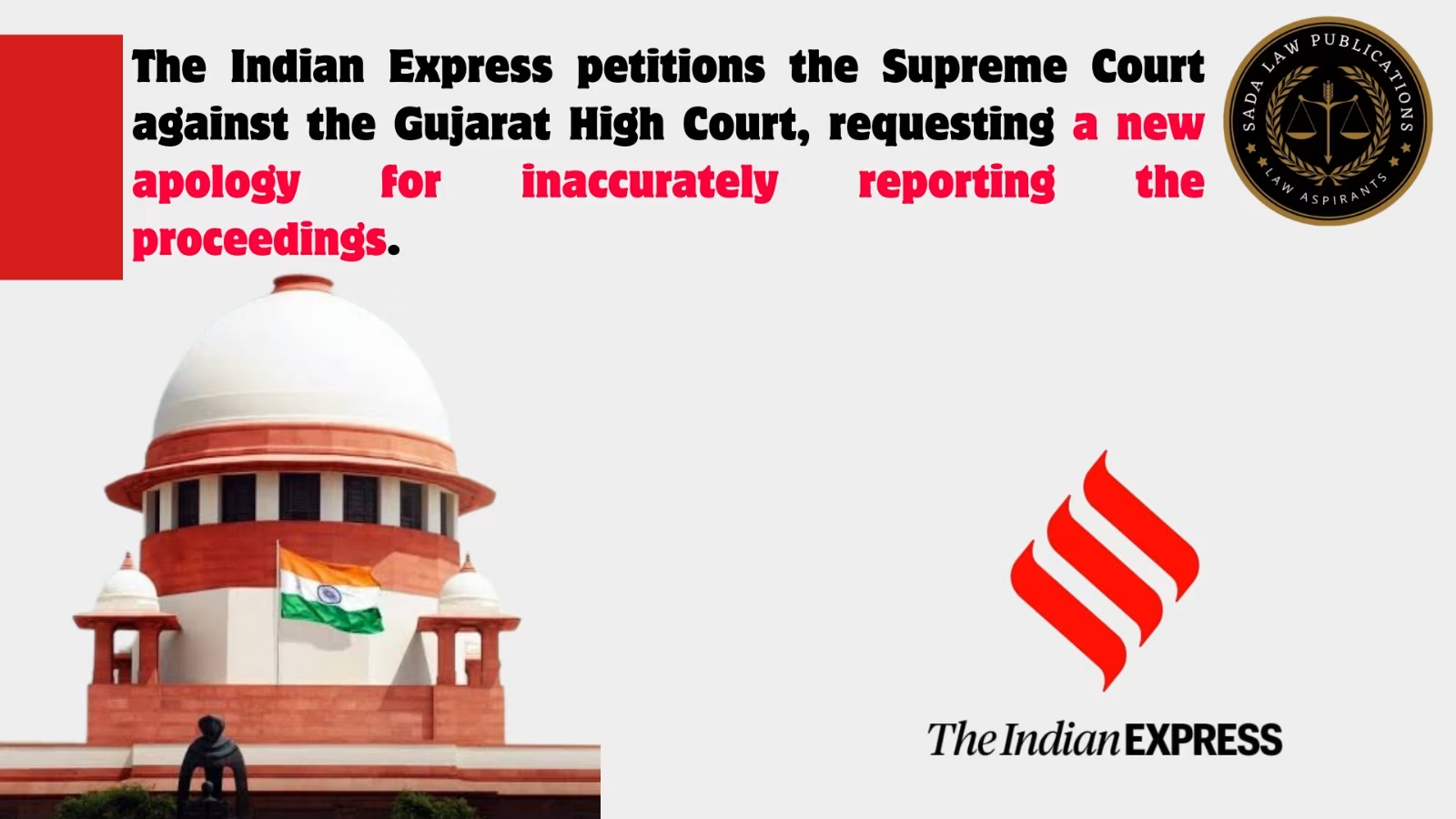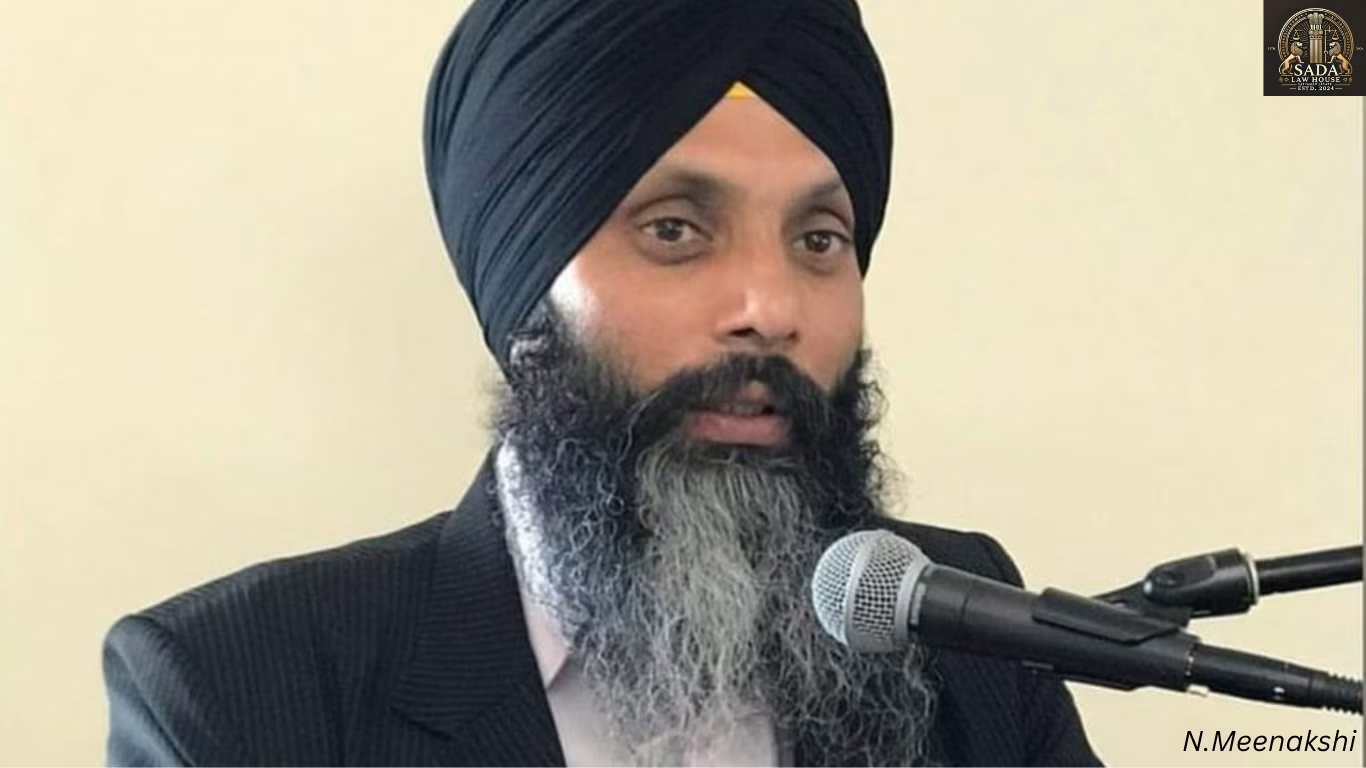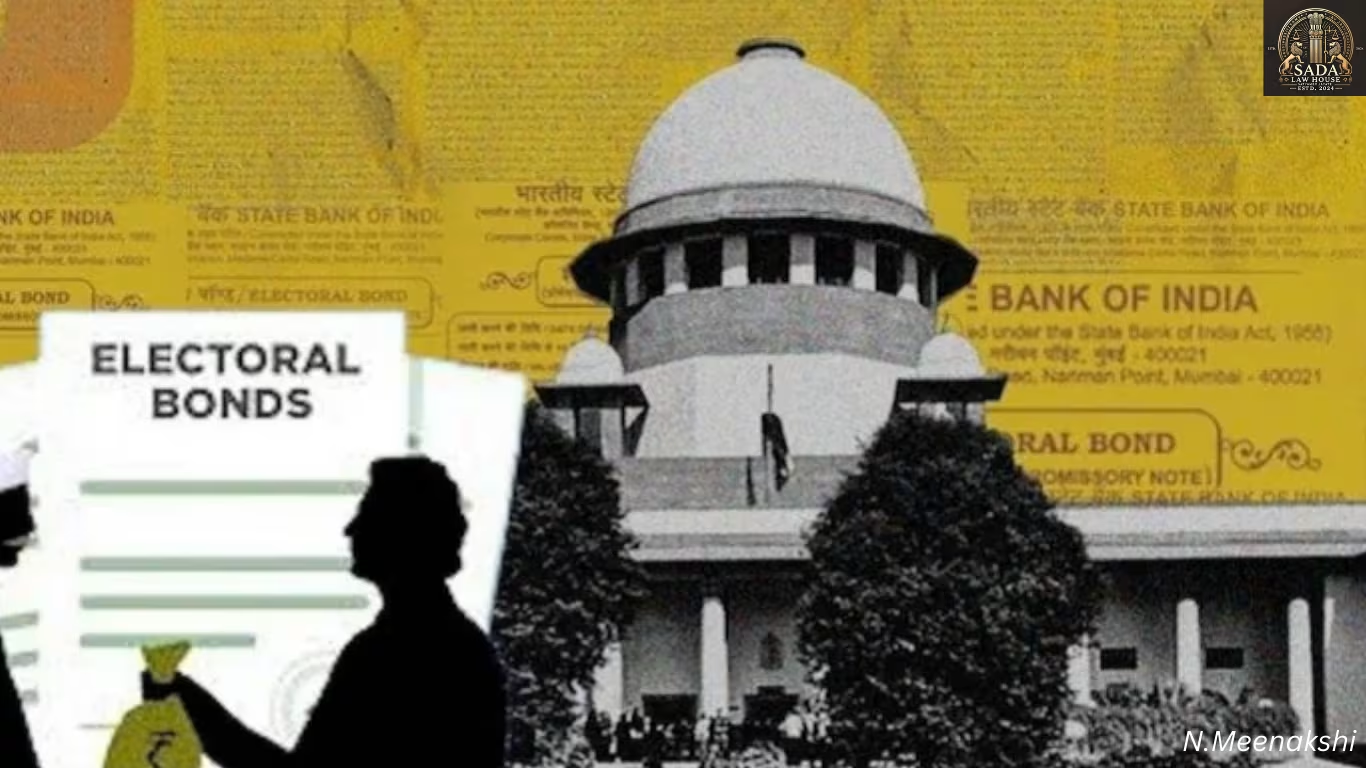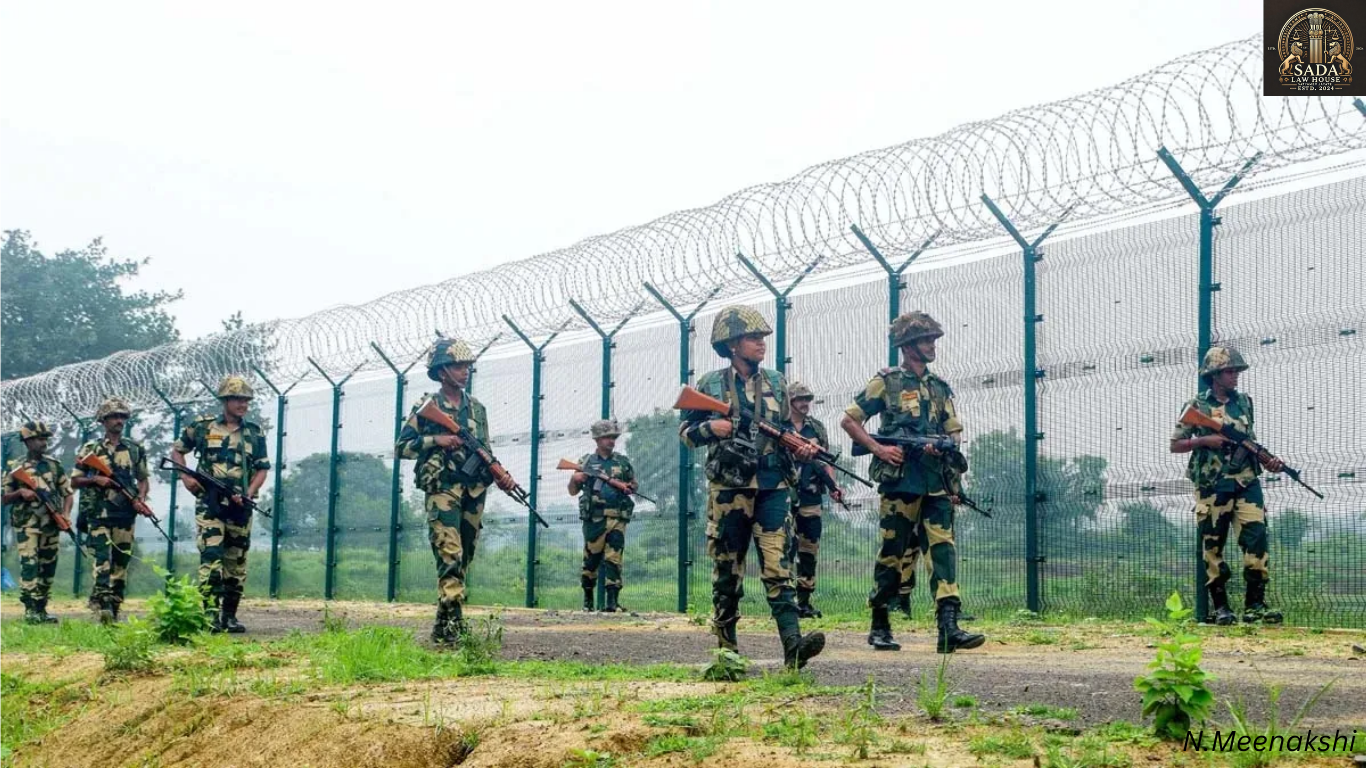Supreme Court Hears Indian Express and Times of India Petitions Against Gujarat HC Over Apology for Misreporting
- NITU KUMARI
- 22 Apr 2025

Overview of the Case
The Gujarat High Court recently rejected an apology affidavit submitted by The Indian Express for misreporting court proceedings. The Court ordered the media house to file a revised affidavit with a clear and public apology. In response, The Indian Express has approached the Supreme Court of India to challenge the High Court’s directive.
Supreme Court’s Latest Action
On April 23, a Supreme Court bench consisting of Justices B. R. Gavai and A. G. Masih granted leave in The Indian Express case. The bench also linked it with a similar petition filed by Bennett, Coleman & Co. Ltd., the publisher of The Times of India.
Background of Bennett Coleman’s Petition
Last year, on September 4, the Supreme Court granted leave to Bennett Coleman’s appeal and put a stay on the Gujarat High Court’s September 2 ruling. However, the Court clarified that this stay does not halt the primary proceedings of the High Court regarding amendments to the Gujarat Secondary and Higher Secondary Education Act.
Why the Gujarat High Court Was Dissatisfied
Media Misreporting of Judicial Proceedings
On August 13 of the previous year, the Gujarat High Court bench, led by Chief Justice Sunita Agarwal and Justice Pranav Trivedi, issued notices to The Indian Express, The Times of India, and Divya Bhaskar. The court demanded an explanation for inaccurately reporting its observations during a key hearing.
The judges expressed concern that the newspapers presented the Court’s remarks as final judicial opinions, which was misleading.
The Apologies That Didn’t Satisfy the Court
On August 23, all three newspapers published apologies. However, on September 2, the High Court criticized the vagueness and lack of clarity in these apologies. The judges directed the publications to issue fresh, prominent public apologies on their front pages, explicitly acknowledging their misreporting.
Chief Justice Agarwal remarked:
“You ought to have included a comprehensive title that explains the apology and its context… Where is the remorse when you’re crafting sensational headlines but apologizing in vague terms?”
The Court described the previous apologies as “eyewash”, pointing out that both The Times of India and The Indian Express used identical language in their apologies — indicating a lack of genuine accountability.
Implications for Media Ethics and Legal Transparency
This ongoing legal battle emphasizes the critical importance ofethical journalism, especially when reporting on judicial proceedings. The case also highlights the judiciary’s expectation of responsible media behavior and transparent public communication.
With the Supreme Court now involved, the final verdict could set new standards for how media houses handle corrections and public apologies.
Live Cases






